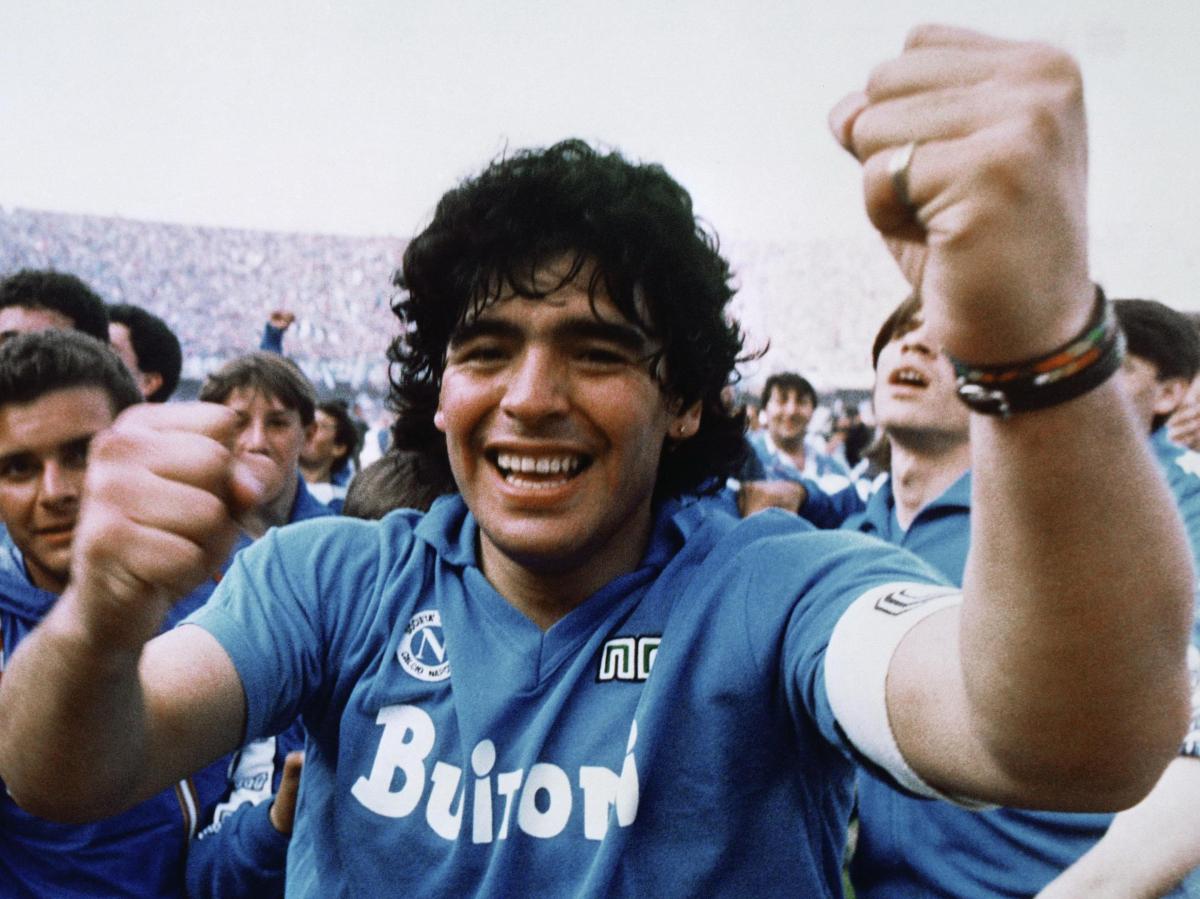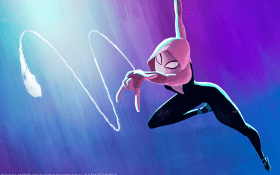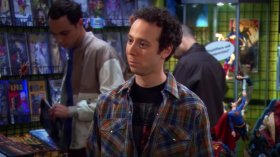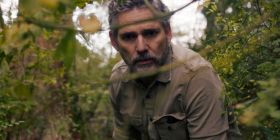Image: Diego Maradona. Source: Roadshow.
Asif Kapadia’s latest documentary starts out sprinting like Diego Maradona in his prime, speeding us through his life to present us with the soccer legend already fully formed. His rise to stardom from the slums of Buenos Aries, his troubled period playing for Barcelona where hard-partying and an injury put him offside with local fans, it’s all rapidly put in the rear-view mirror. This story doesn’t start until what could have been the end of Maradona’s tale: being sold to struggling club Napoli for a massive amount in the hope that through sheer star power alone he could turn the club around.
The good news for Maradona and the city of Naples was that he could: he led the club to two Italian championships in the 1980s, in one case setting off a frenzy of celebrations that lasted months (they hung a banner on the local graveyard that read “You Don’t Know What You Missed”). Even if you know nothing about soccer, his skills on the ground are astonishing to behold. Not even the notorious “Hand of God” World Cup goal in 1986 (where Maradona’s hand helped guide the ball into the goal) can diminish the on-field skills shown here; whatever he got up to outside of the game should have been dwarfed by his total domination of the game he loved.
But it wasn’t, and the split between the on-field God and the all-too-human man is – at least according to this version of his story – the tragedy of Maradona. Early in this documentary there are references to their deliberately being two sides to him; Diego, the gentle boy from the slums, and Maradona, the brash lout who could survive and thrive in the spotlight. Maradona ended up overwhelming Diego in the public eye, and yet for much of this documentary, it’s Diego we see, even in the footage shot in the public eye. It’s only towards the end, when Naples and all of Italy have turned on him – in part by dividing the country by encouraging Naples to support him when he played for Argentina against Italy in the 1990 World Cup – that he turns sour.
The drugs didn’t help. Naples was the base for the Camorra crime syndicate (you know things are bad when a football news conference kicks off with someone asking about the local mob) and crime boss Carmine Giuliano was more than happy to soak up some of Maradona’s stardom. Giuliano later fell out of favour (it seems hanging out with a soccer star attracted the wrong kind of attention) but the cocaine kept coming, and when you’ve turned the whole country against you, having a massive drug habit and an extramarital affair just gives your enemies more ammunition.
Kapadia sticks to the approach that worked so well with Senna and Amy, telling the story entirely through archival footage and voice over. Maradona is such a controversial figure (he was acting up yet again at last year’s World Cup) that presenting him as basically a decent guy overwhelmed by fame and betrayed by the sport he loved won’t go down well with everyone. After Napoli refused to trade him, their manager referred to himself as “Maradona’s jailer”, and there’s little doubt the star felt trapped; he also became a boorish drug-addled mess who took thirty years to acknowledge his out-of-wedlock child. The finals scenes with him here are a pitiful sight; even this film isn’t entirely sure whether his state today is a fall from grace or his true self shining through.
4 stars ★★★★
Diego Maradona
Director: Asif Kapadia
UK, 2019, 130 minutes
Distributor: Roadshow
Rated: M
Release date: 25 July 2019
Actors:
Director:
Format:
Country:
Release:





